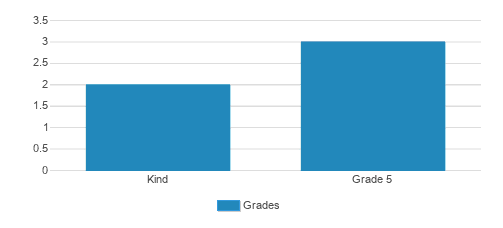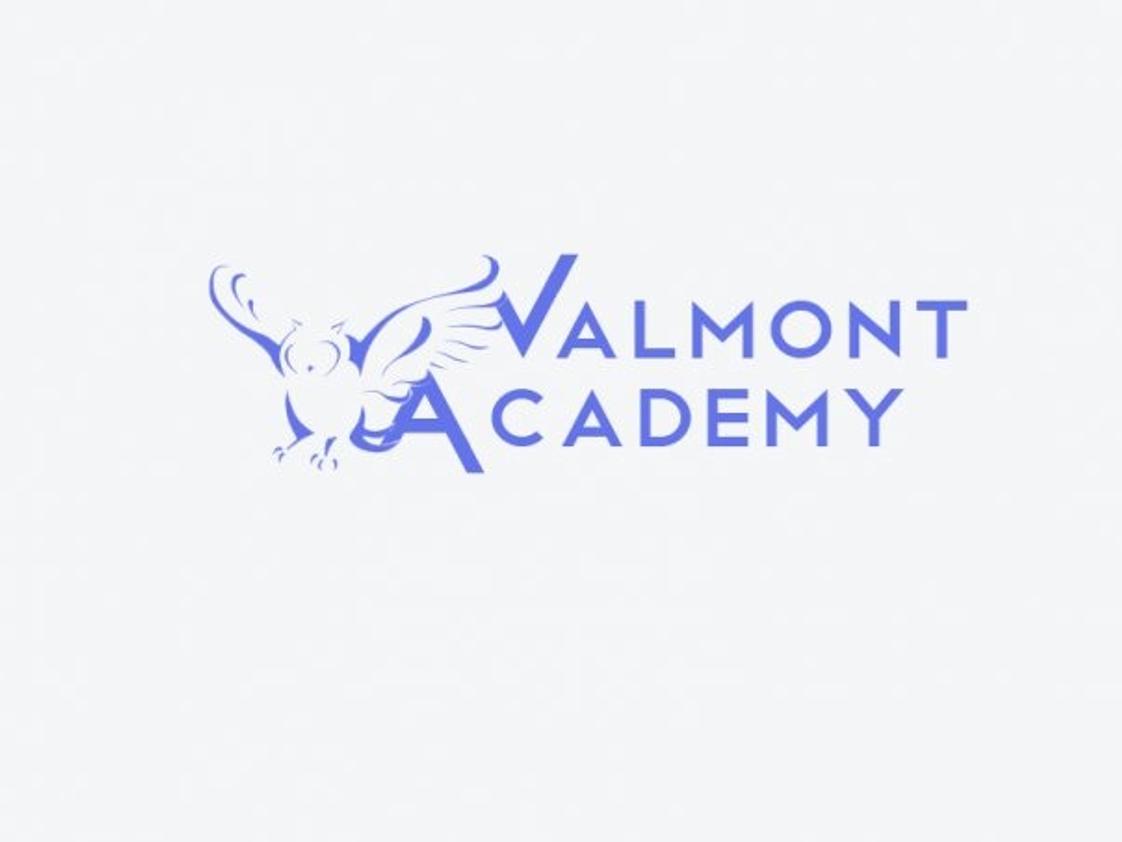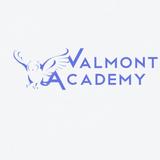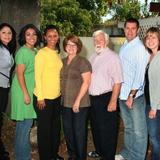School Overview
Student Body

Academics and Faculty
Tuition and Acceptance Rate
Sports
Extracurriculars
School Notes
FDBA Valley Montessori, our educational method is individualized to allow each child to progress at their own pace with a balance of academics and fine arts.
It is our belief that Education includes three basic components:
- the development of the child's self-esteem, his or her ability to see himself or herself as a capable and independent human being,
- academic excellence
- caring environment.
Capable and Independent
Success in school is directly related to the degree to which
children believe that they are capable. It is critical that
we develop within each child , a sense of responsibility,
independence, and most importantly, self-esteem.
Academic Excellence
Academic Excellence should be anchored on the essential skills
needed for lifelong learning. Not only the fundamental skill of
reading, writing, arithmetic, but also on the developing
strong work habits and strong study habits. To straighten and
propel these skills it is extremely important to develop a dynamic
sense of love and curiosity towards learning.
Caring Environment
A caring environment enhances the students ability to pursue
academic excellence. It is our intent to provide an environment
that is safe, wholesome, warm, and caring. An environment that
radiates the positive feelings of home.
Frequently Asked Questions
What is the acceptance rate of Valmont Academy?
What sports does Valmont Academy offer?
When is the application deadline for Valmont Academy?
Recent Articles






















